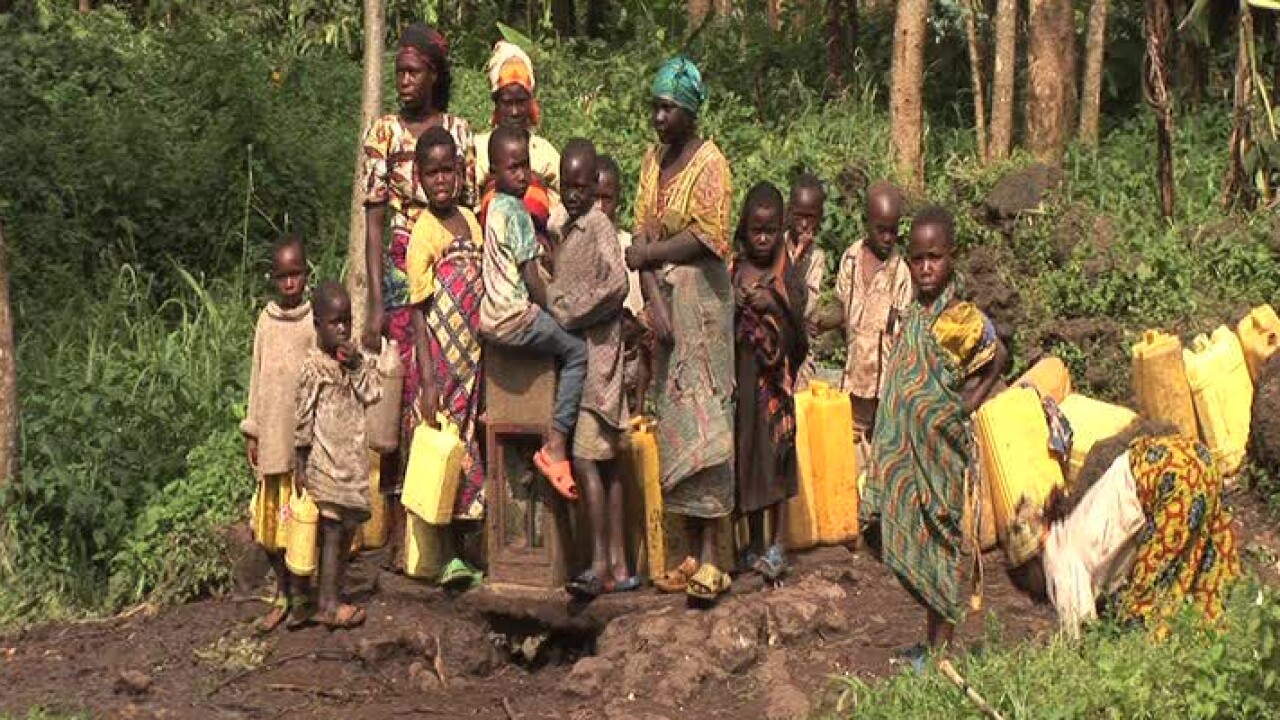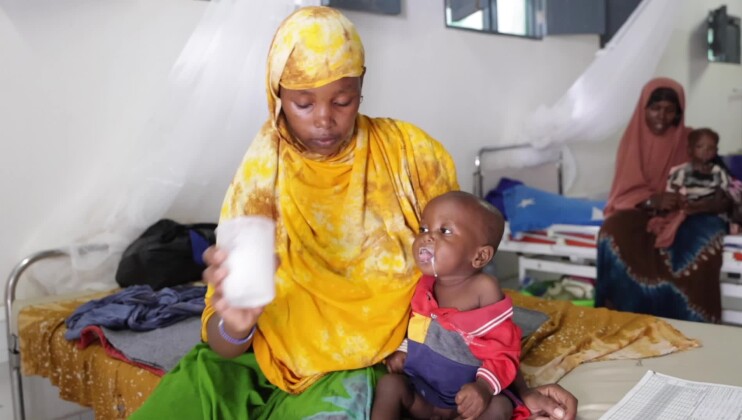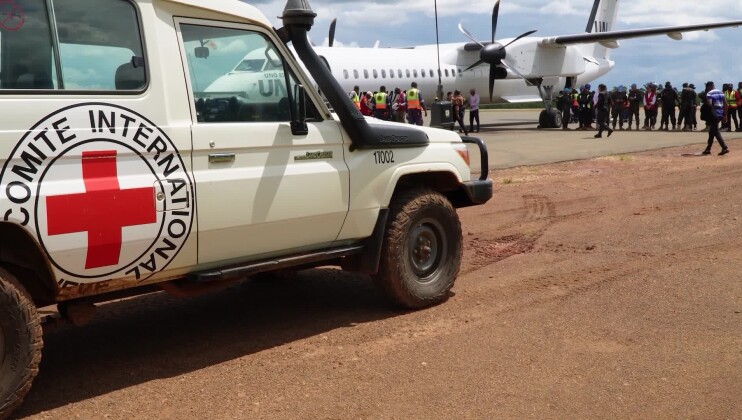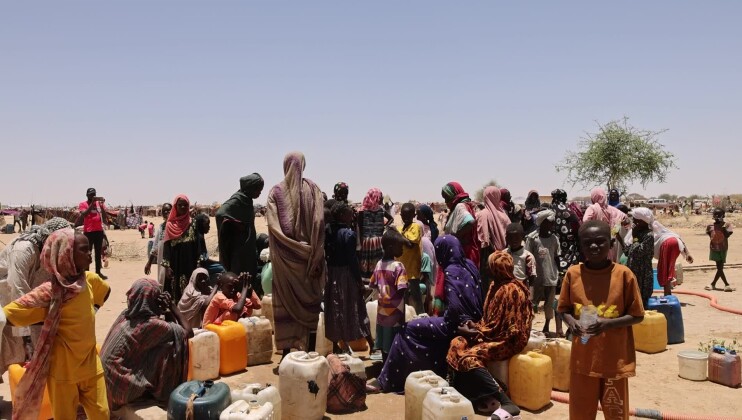
This is a modal window.
Since fighting intensified in eastern Congo in August 2008 between government troops and armed opposition groups, the number of opposition groups, the number of cases of rape and other sexual abuse against civilians has been increasing.
According to a recent independent survey* commissioned by the ICRC, 28% of the people interviewed in the DRC know someone who has fallen victim to sexual violence, and 76% have been affected in some way by the armed conflict. Of those with personal experience of the conflict, 58% have been displaced from their homes at some point, and 47% have lost contact with a close relative.
In North and South Kivu there continue to be reports of numerous crimes against civilians, including rape, murder, and the looting and destruction of homes. Tens of thousands of people have been forced to flee their homes. It is estimated that in North Kivu alone, since the beginning of the year, over 300,000 people have been displaced by armed violence.
Most rape victims are women, but the number of men and boy victims is on the increase. According to counsellors in the area, men are often brutally raped when the perpetrators cannot find any women to sexually abuse. These men are frequently so traumatized that they no longer have the strength to work. As Paul tells the social worker Katungo Kilauri, he used to sell alcohol to pay for school items and medical care for his children, but now the family is struggling to survive on the money his wife earns.
The proliferation of small arms and light weapons often results in greater risk of sexual violence. But women and men are being raped even in areas where there is no longer any fighting. The sheer presence of men with guns represents a danger for tens of thousands of people who live in fear of sexual violence and other forms of physical violence.
Sexual violence is rooted in a variety of factors, including:
- a weak chain of command leaving fighters without clear instructions to follow;
- a widespread culture of impunity, meaning that most perpetrators of rape are never held to account, despite the fact that both Congolese law and international humanitarian law clearly prohibit all forms of sexual violence;
- the fact that fighters do not receive regular salaries or food supplies - they often steal from the population, and rape the villagers, as a form of payment;
- a tendency to terrorize civilians and exert control over them, or to punish them for perceived collaboration with the "enemy".
Since 2005 the ICRC has been supporting "maisons d'écoute" (counselling centres - literally, "houses for listening") for victims of sexual violence. Today it provides support for 37 such centres, which are run by local associations in North and South Kivu. Social workers listen to the victims, counsel them, direct them to health centres and, if needed, mediate between them and their families. The health centres provide victims with a kit containing, among other things, medication against sexually transmitted infections.
In order help women avoid the risk of rape that they are exposed to when they gather firewood in remote areas, the counselling centres also show them how to make bricks from wood pulp that can be used as fuel for low-energy cooking stoves.
In addition to the physical and psychological pain they suffer, rape victims are often rejected by their families and neighbours, and become vulnerable to further abuse. The stigma is compounded by the climate of insecurity and the collapse of public services, which limit victims' ability to obtain access to much-needed medical and psychological care.
Social workers also run community-awareness campaigns to combat rejection and stigma and promote an environment where the needs of victims of sexual violence are acknowledged.
Says counsellor Micheline Mupenzi: "There is much suffering around, and psychological wounds are not given enough attention. You can treat victims of sexual violence from a strictly medical point of view, but they can die if their 'inner wounds' are not taken into account. Some women go back home and stop eating - they do nothing but cry, and eventually die from mental and physical exhaustion."
SHOTLIST ATTACHED



